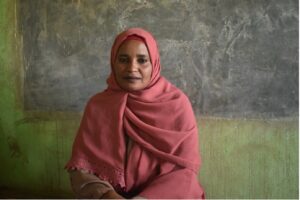
World Refugee Day: A Mother’s Fight for Survival in Sudan
Mother-of-5 Rayan’s life in Sudan has been reduced to a daily struggle for the most basic necessities: food, shelter and safety.
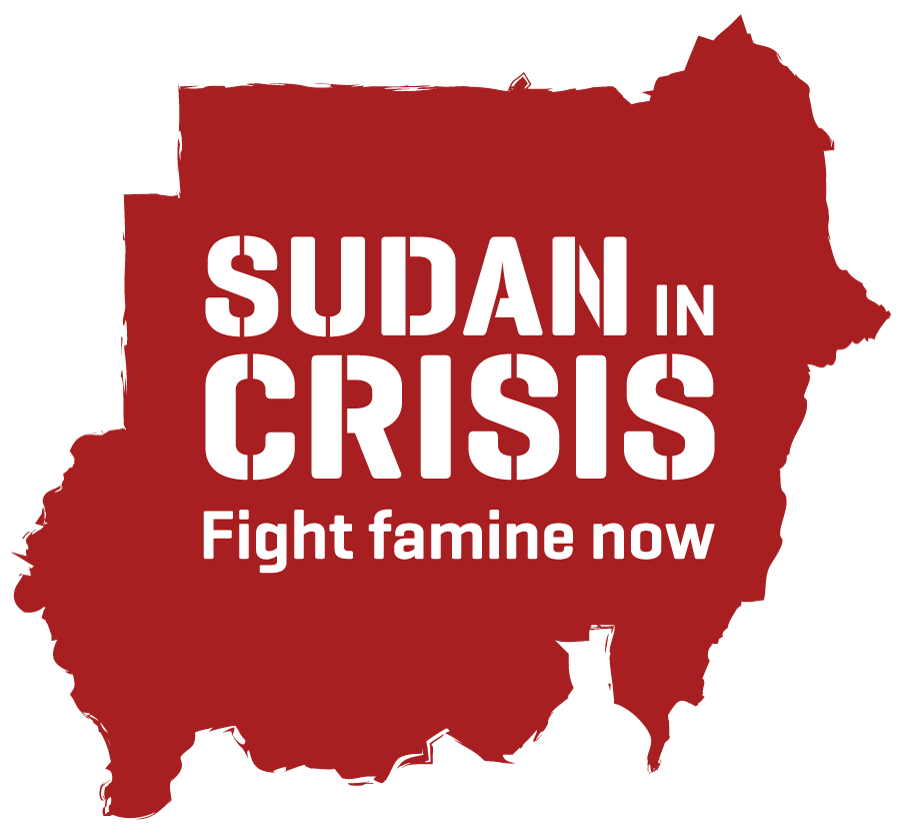
Sudan is on the verge of collapse and mass famine. Millions are displaced within and outside the nation’s borders. Young children especially are starving to death in its cities, villages, and displacement camps.
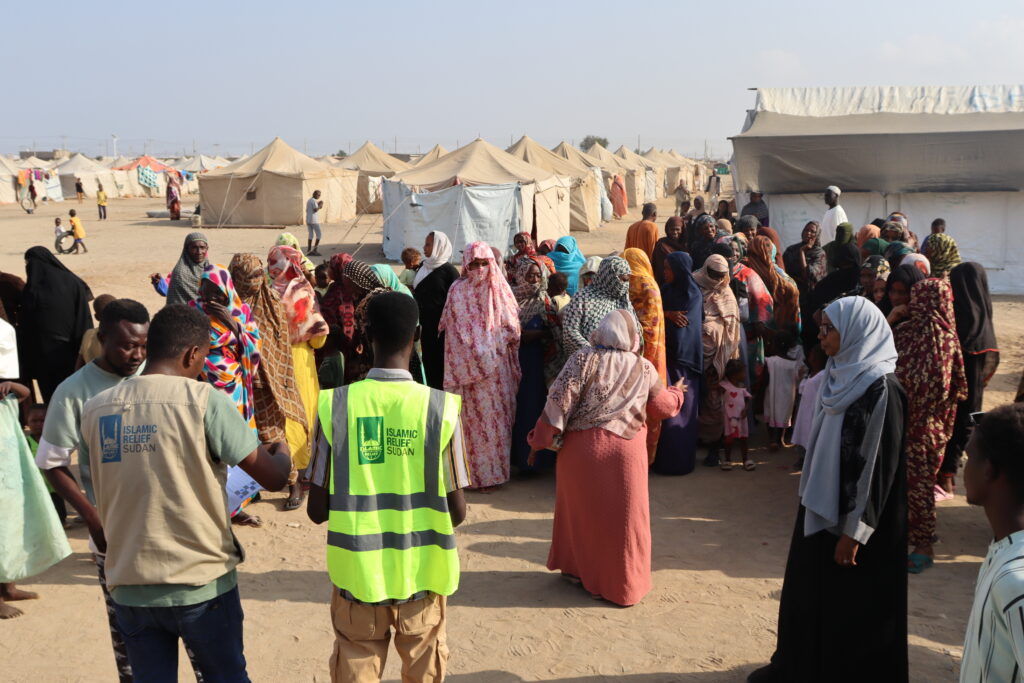
Image: Islamic Relief coordinating aid distributions in a displacement camp. More than 8.8 million people are displaced within and outside Sudan.
Sudan faces a severe cholera outbreak. The majority of cases, 90%, are concentrated in Khartoum state, where water and electricity supply have been severely disrupted due to ongoing conflict.
Approximately 80% of hospitals are non-operational, lacking basic utilities and supplies, worsening the health crisis.
IR Sudan deployed a team and initiated responding in coordination with the Ministry of Health.
World Food Programme and UNICEF announced there is famine in Sudan, based on the confirmation by the Famine Review Committee.
FCR reported famine in Zamzam camp. Located in Sudan’s North Darfur Region, it shelters more than 400,000 displaced people.
The FRC warns that other parts of Sudan risk famine if concerted action is not taken.
A determination of famine means that people, including children, have already started dying of hunger and related conditions including malnutrition and infection.
There is famine in North Darfur and if the situation continues, it is expected that other parts of Darfur will equally be affected.
Islamic Relief Sudan has participated in the preparation of the famine response strategy in conjunction with other key players in preparation across the country. We are ready to address famine conditions should it spread further, as we are currently responding to the conflict affected communities in Central Darfur.Asif Sana
Islamic Relief Australia’s Director of Programs
After more than 16 months of conflict, Sudan faces the worst levels of acute food insecurity in its history.
8.5 million people face emergency levels of hunger. While more than 755,000 people are in catastrophic conditions.
Children are dying of hunger. More than 3.4 million children are now reported to be acutely malnourished. Many families are eating just a few mouthfuls of sorghum a day.
Sudan also represents the largest displacement crisis in the world, with over 10 million people displaced, inside and outside of Sudan. More than 8 million displaced internally, and over 2 million crossing borders into neighbouring countries.
Worse still, since June, more than 442,600 people have been affected by flooding, with at least 124,600 people displaced.
The heavy rainfall and subsequent flooding are worsening the difficulty of thousands of other vulnerable and acutely food insecure people. It is compounding their suffering, lack of safety and access to lifesaving assistance and services.
Humanitarian needs remain dire throughout Sudan. Armed fighting continues to escalate. Households are displaced multiple times due to continued insecurity and widespread flooding.
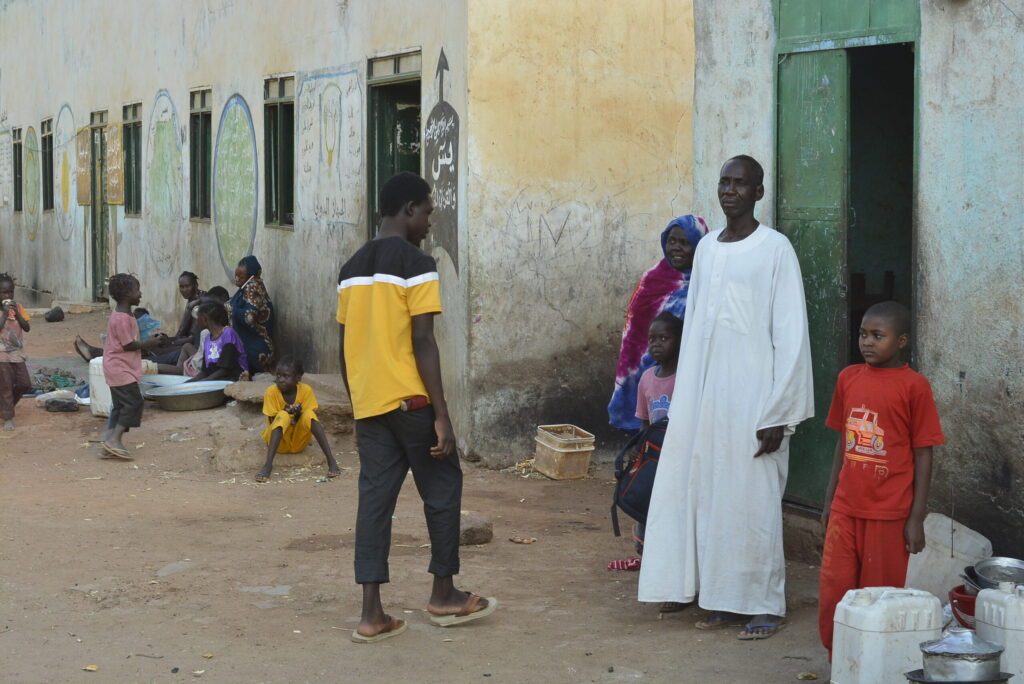
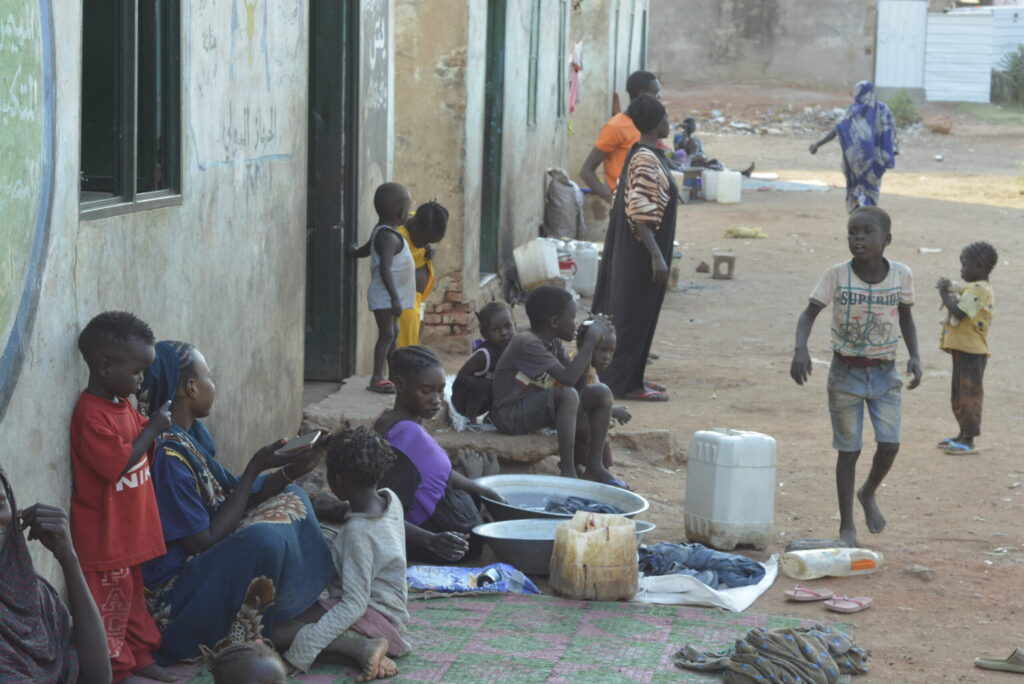
Images: Displaced families and individuals in Sudan. Today, many live in IDP camps such as Salman Al-Farisi in Sinnar state
Our staff in Sudan are providing ongoing relief for the crisis in 3 areas: Khartoum State, North Kordofan and Al Jazirah State. We’re focusing our immediate efforts on providing the most urgent relief, including:
In addition, the number of deaths caused by hunger, disease, and lack of basic services, could raise the number far higher. Your donation will be life-saving and provides crucial access to:





We’ve been in Sudan since 1984 but we still need your ongoing help to continue making a difference. Give now to support families in need.
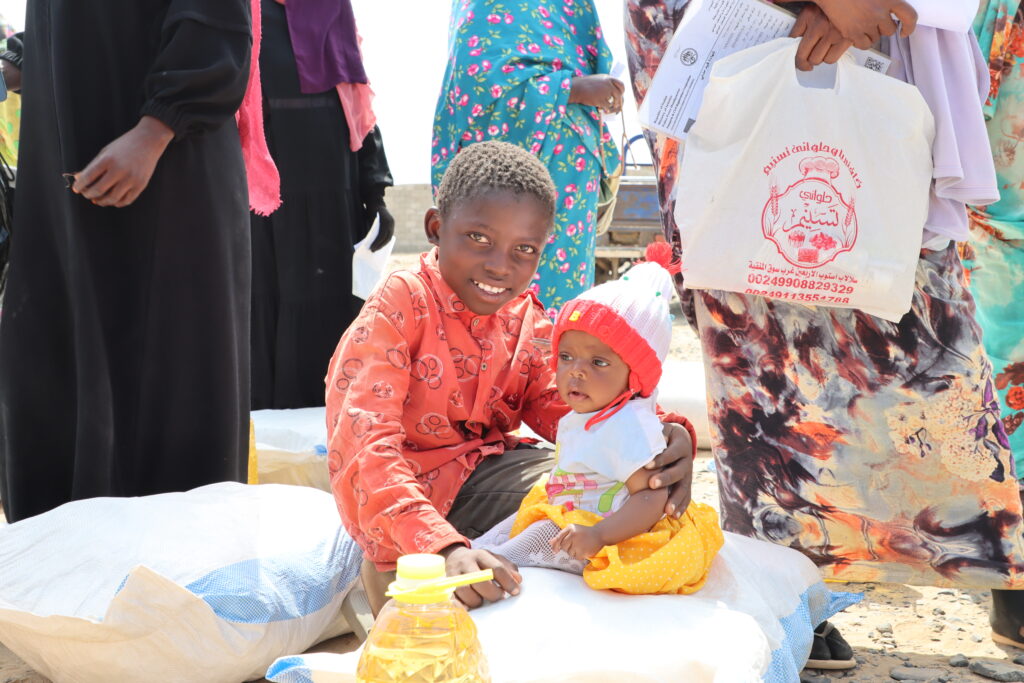
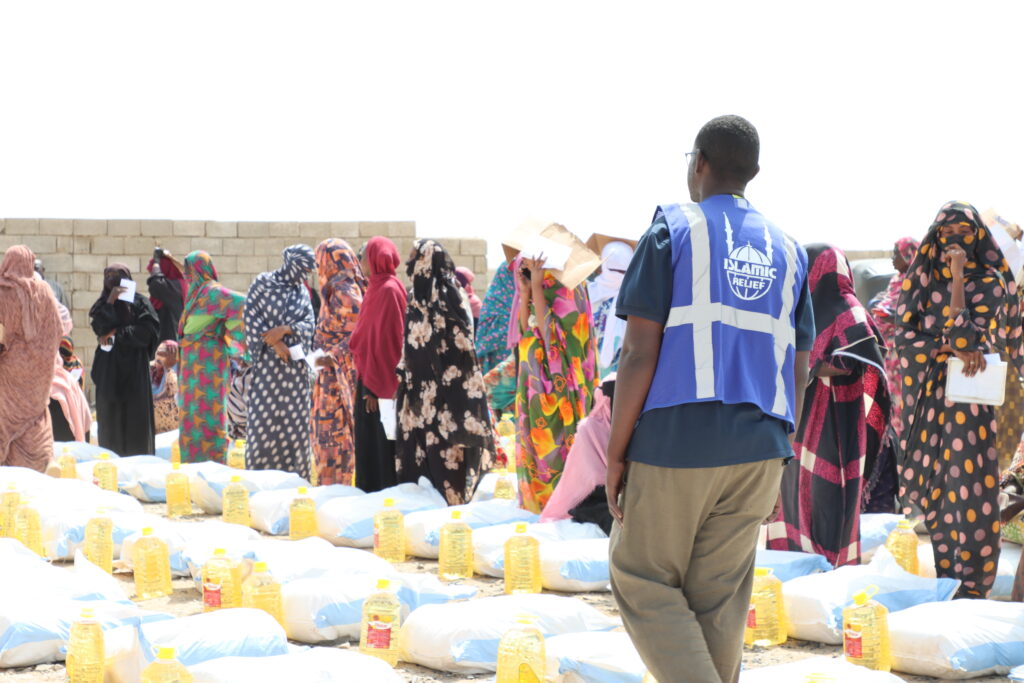
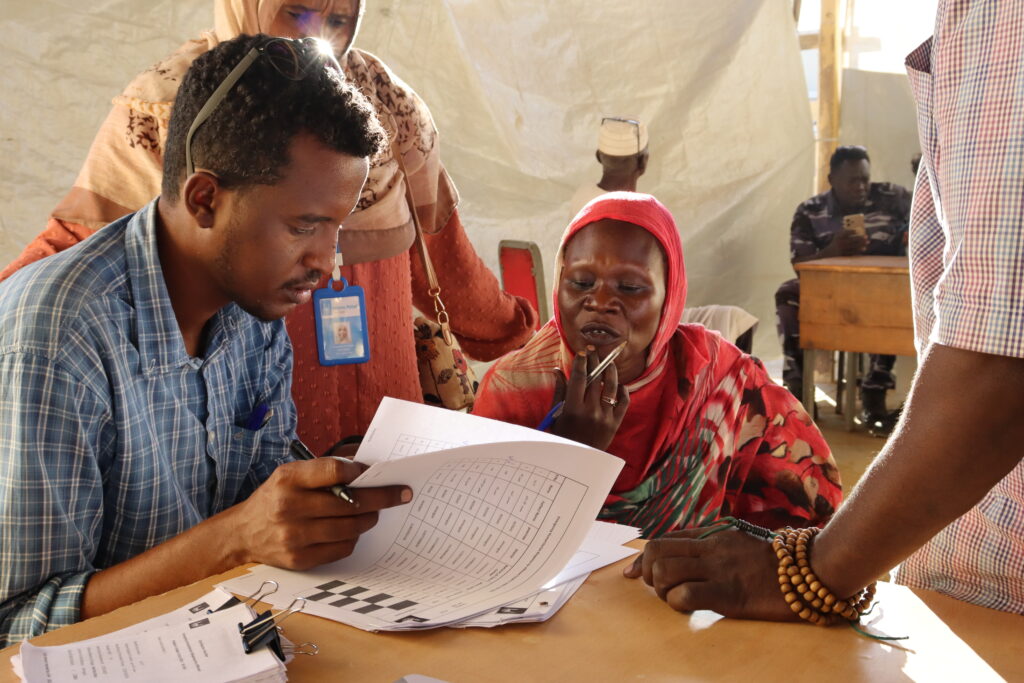
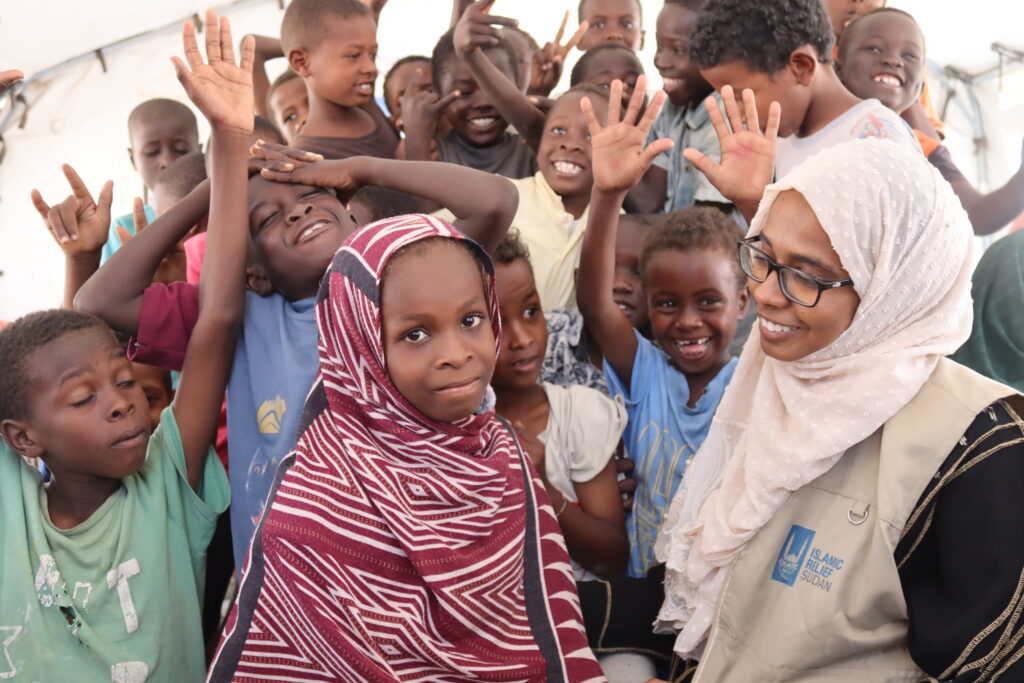
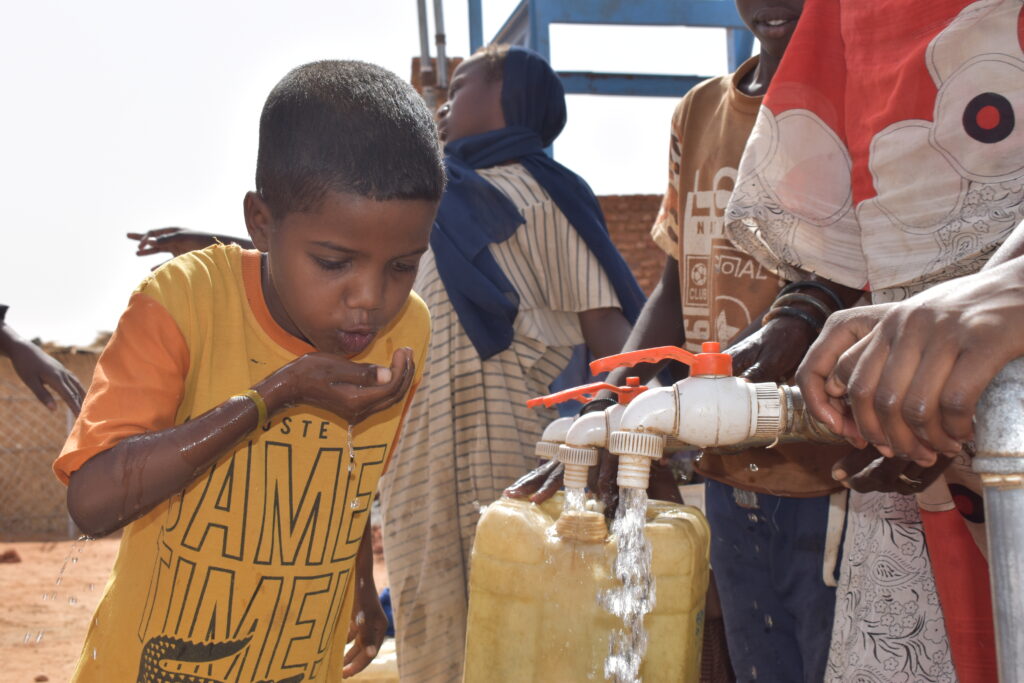
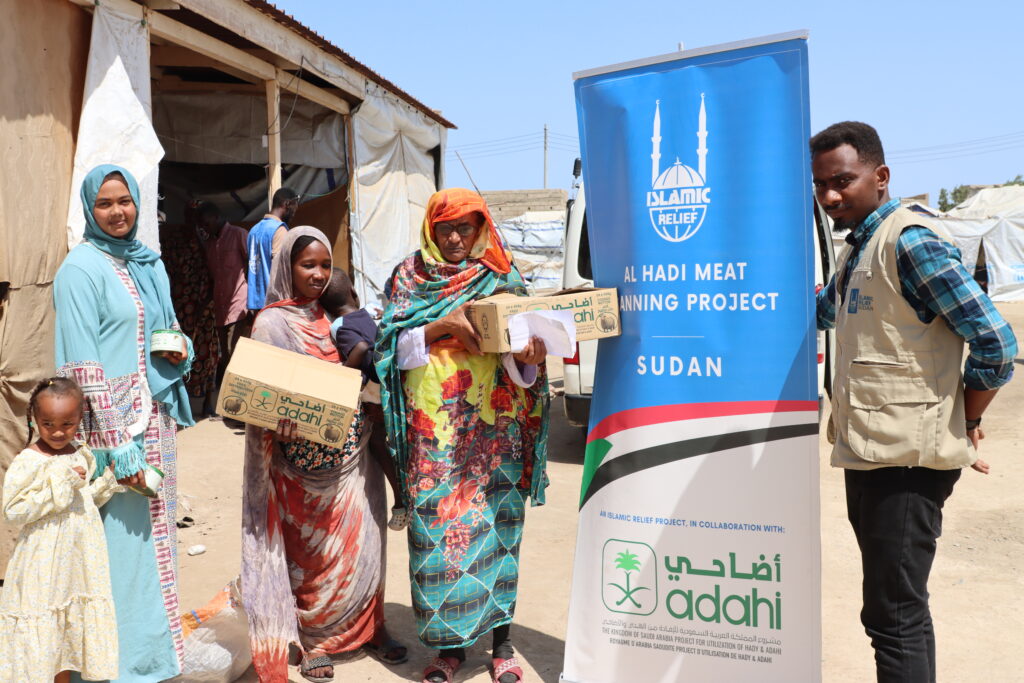

Mother-of-5 Rayan’s life in Sudan has been reduced to a daily struggle for the most basic necessities: food, shelter and safety.
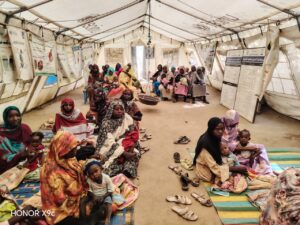
Sudan’s Darfur region is seeing a massive increase in malnourished children as families flee horrific attacks on civilians.

As the conflict in Sudan continues, we often feel helpless about what we can do to help. Here, we explore Duas we can recite